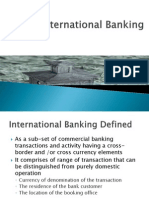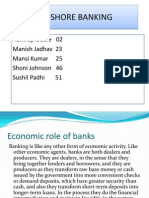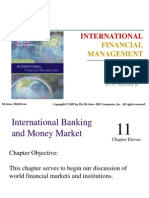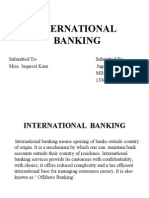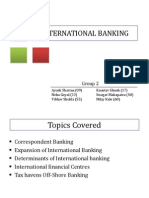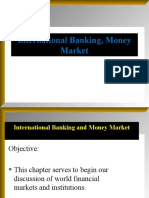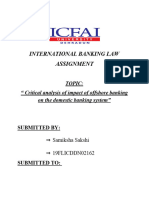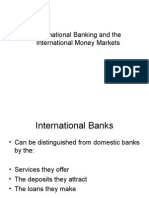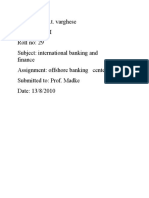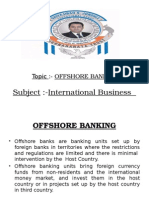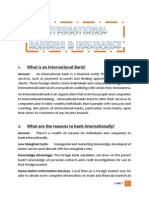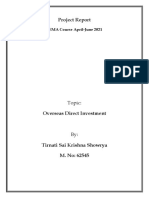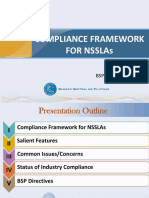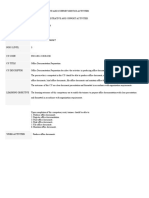"Banking overseas" refers to the provision of banking services by financial institutions outside one's
home country. This can involve individuals or businesses using banks located in foreign countries to carry
out financial transactions, manage accounts, and access various banking products and services. Here are
some key aspects of banking overseas:
1. **International Banking Services**: Banks located in foreign countries offer a range of services
tailored to the needs of international clients. These services may include multi-currency accounts,
foreign currency exchange, international wire transfers, and trade finance facilities.
2. **Offshore Banking**: Offshore banking refers to the practice of opening bank accounts and
conducting financial transactions in jurisdictions with favorable tax and regulatory environments.
Offshore banks may offer privacy, asset protection, and tax advantages to account holders.
3. **Foreign Currency Accounts**: Individuals and businesses may open foreign currency accounts to
hold funds in currencies other than their home currency. Foreign currency accounts can be used for
international transactions, currency diversification, and hedging against exchange rate fluctuations.
4. **International Payment Services**: Banks offer international payment services to facilitate cross-
border transactions, including remittances, international wire transfers, foreign drafts, and online
payment platforms. These services enable individuals and businesses to send and receive payments
globally.
5. **Trade Finance**: Banks provide trade finance services to support international trade transactions,
including letters of credit, trade finance facilities, export financing, and import financing. These services
help facilitate trade transactions between buyers and sellers in different countries.
6. **Wealth Management and Private Banking**: Banks offer wealth management and private banking
services to high-net-worth individuals and families with international financial interests. These services
may include investment management, estate planning, tax optimization, and specialized financial advice.
7. **Regulatory Compliance**: Banking overseas involves compliance with regulatory requirements and
anti-money laundering (AML) regulations in both the home country and the host country. Account
holders may need to provide documentation and undergo due diligence procedures to open and
maintain accounts.
�8. **Currency Exchange and Forex Trading**: Banks provide currency exchange services and foreign
exchange (forex) trading platforms for individuals and businesses to buy and sell currencies in the foreign
exchange market. Forex services enable participants to hedge currency risk and speculate on exchange
rate movements.
9. **International Banking Centers**: Some countries have established international banking centers or
financial hubs to attract international banking business. These centers offer regulatory incentives, tax
advantages, and infrastructure to facilitate international banking activities.
10. **Risk Management**: Banking overseas involves various risks, including currency risk, geopolitical
risk, regulatory risk, and counterparty risk. Banks and account holders employ risk management
strategies, such as diversification, hedging, and compliance controls, to mitigate these risks.
Banking overseas can offer opportunities for individuals and businesses to access international markets,
diversify financial holdings, and take advantage of global banking services. However, it also requires
careful consideration of regulatory requirements, tax implications, and risk factors associated with cross-
border banking activities.


